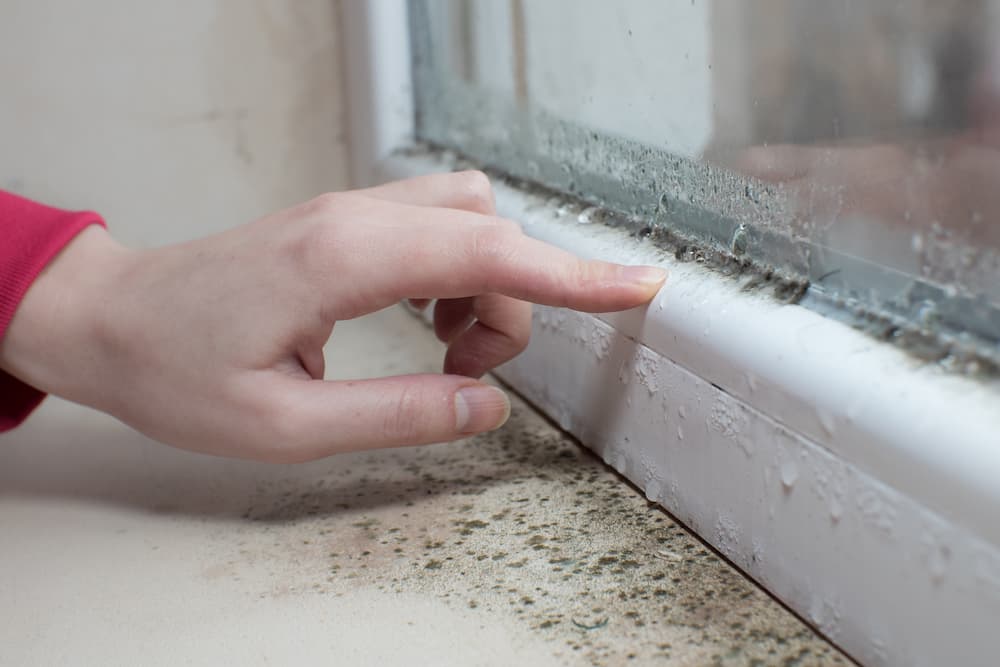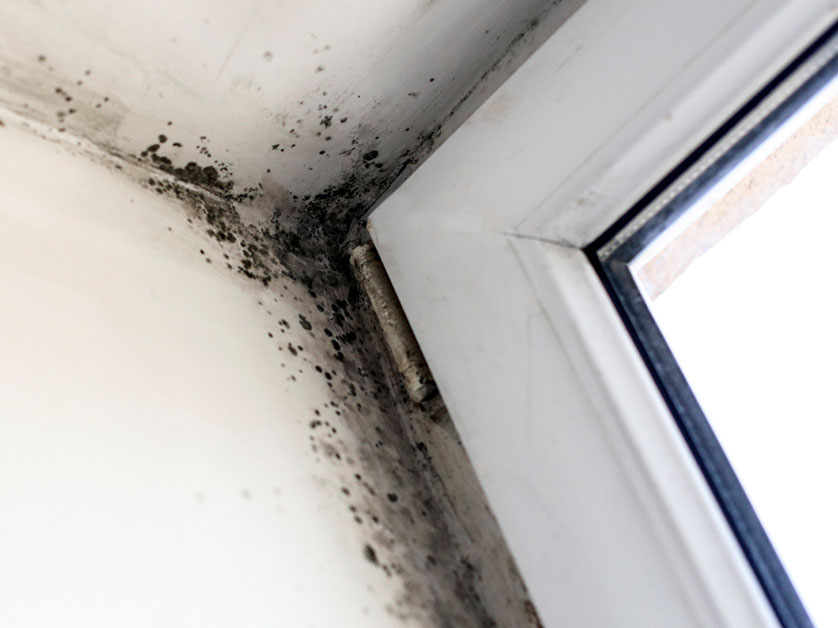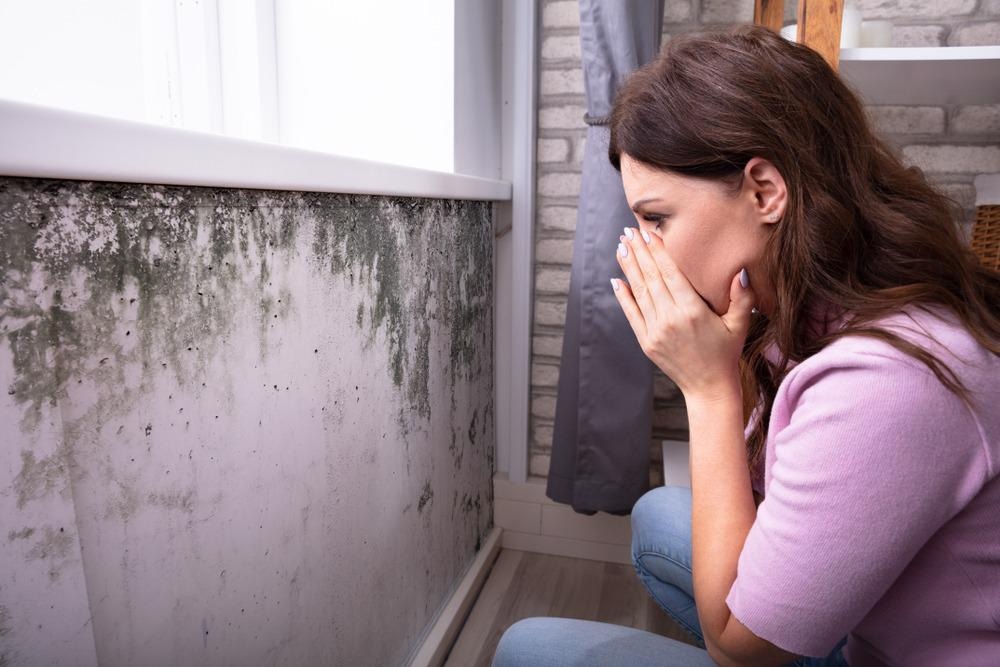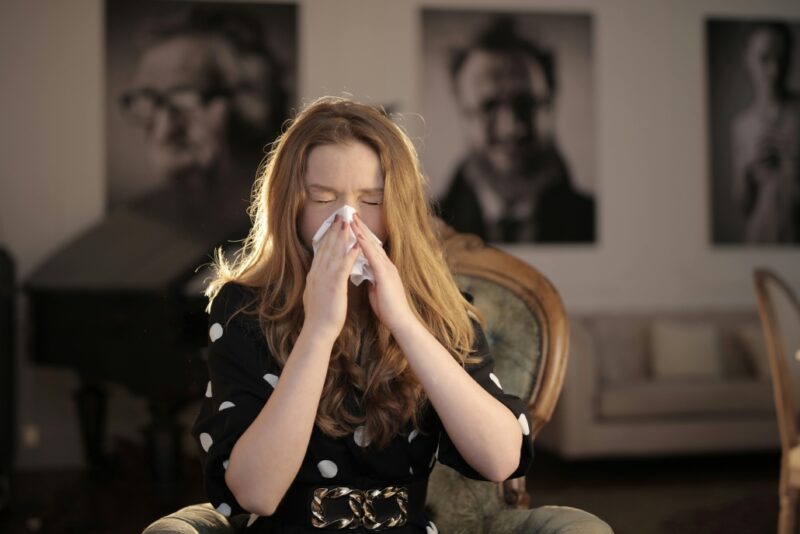Mold—often just a few unsightly patches on your bathroom wall or a faint musty odor lingering in the air—might seem like a minor nuisance. Yet, lurking beneath the surface, this seemingly innocuous fungus can pose serious health risks that many homeowners overlook.
From respiratory issues to allergic reactions, the impact of mold on our well-being is far more profound than one might assume. In fact, studies have shown that prolonged exposure to mold spores can lead to chronic conditions, exacerbating allergies and triggering a host of other health problems.
As we dive deeper into this often-neglected topic, youll discover the surprising truth about how mold infiltrates our living spaces and silently undermines our health. Understanding the profound connection between mold and our well-being could be the key to safeguarding your home and, ultimately, your health.
So, let’s unearth the hidden dangers and empower ourselves with knowledge to combat this silent foe.
What is Mold? A Closer Look at This Common Household Foe

Mold inspection St Petersburg fl reveals that mold, a seemingly innocuous presence, thrives in damp environments and often goes unnoticed until it becomes a problem. This fungus exists in myriad forms, ranging from common household varieties to more insidious types that can wreak havoc on health.
It thrives on moisture, feeding on organic materials like wood and carpet, releasing spores into the air that can trigger allergies and respiratory issues. What many don’t realize is that mold can also produce mycotoxins—harmful substances that can cause serious health concerns.
From the dark corners of your bathroom to the hidden recesses of your basement, understanding the nature of mold and its potential impact on your well-being should be a priority for every homeowner. How often do we consider that the very air we breathe could hold unseen dangers, lurking where we least expect?
The Hidden Dangers of Mold: Why You Shouldn’t Ignore It

Mold may seem like a mere nuisance, but lurking beneath its seemingly benign exterior lies a web of hidden dangers that can significantly impact your health. Allergic reactions, respiratory problems, and even neurological issues can stem from prolonged exposure to mold spores, which are often undetectable until they become a larger issue.
What’s even more alarming is that certain types of mold, such as black mold, can produce mycotoxins that compromise your immune system and lead to chronic health conditions. Ignoring the presence of mold is akin to turning a blind eye to a ticking time bomb; the longer it persists, the more insidious its effects become.
From sneezing and coughing to fatigue and cognitive disruptions, the symptoms can mimic other ailments, making it easy to overlook the root cause. Therefore, addressing mold not only helps preserve your living space but is also a crucial step in safeguarding your well-being and that of your loved ones.
How Mold Can Affect Your Respiratory Health

Mold, often lurking unseen in damp corners of our homes, can become a silent adversary to our respiratory health. Inhalation of mold spores can trigger immediate reactions, leading to symptoms such as coughing, sneezing, and irritation of the throat.
For those with pre-existing conditions like asthma or allergies, the stakes are even higher; exposure can exacerbate these ailments, potentially leading to severe respiratory distress. But the impact doesn’t stop there.
Continued exposure may heighten the risk of chronic respiratory issues, such as persistent bronchitis or even the development of hypersensitivity pneumonitis, a condition that results from an immune response to inhaled organic dust. As the air we breathe at home is filled with these microscopic intruders, it’s essential to address any signs of mold growth proactively—not just for a breath of fresh air, but for the health of every filter and passageway within our bodies.
Conclusion
In conclusion, the presence of mold in your home can have significant, often underestimated, impacts on your health and well-being. From aggravating respiratory issues to triggering allergic reactions, mold is more than just a nuisance; it poses real health risks that should not be ignored.
Understanding the surprising truth about how mold can affect you and your family is the first step toward creating a healthier living environment. If you suspect mold growth in your home, seeking professional assistance, such as a thorough mold inspection in St.
Petersburg, FL, can help identify and address the issue before it escalates. By taking proactive measures to mitigate mold exposure, you can protect your health and ensure your home remains a safe haven for all.


